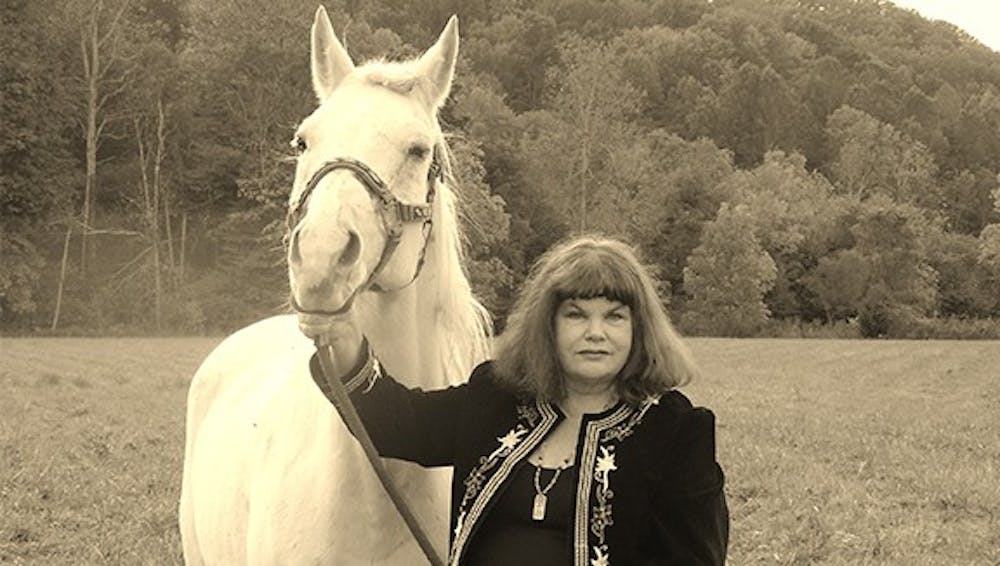Sharyn McCrumb is a UNC graduate and New York Times Best-Selling Author. She will be at Flyleaf Books today to read and sign her novel “King’s Mountain,” which follows the story of Patriot leader John Sevier during a Revolutionary War battle.
McCrumb spoke with staff writer Ally Levine about this seldom-told story of the South during the war.
Daily Tar Heel: What inspired you to write your book “King’s Mountain”?
Sharyn McCrumb: I went to school in North Carolina. We studied the American Revolution every time American history came up, and nobody ever mentioned anything that happened south of Maryland. Nobody ever mentioned anything happening around here. It turns out that King’s Mountain, which is about 26 miles west of Charlotte, was called by Thomas Jefferson “the turning point of the war.” And I thought people ought to know about it.
DTH: Could you give me a brief summary of your book?
SM: It is the events leading up to the Revolutionary War battle at King’s Mountain.
It starts when a British officer sends a threatening letter to Isaac Shelby, who lives on the frontier, and the British officer says, “If you people over at the mountains there don’t stay out of the war, then I am going to come up there and burn your woods and kill your families.”
Well, when they got this letter, they considered it a personal invitation to enter the war.
So, they got all their militias together and went looking for this guy and his regiment. They found him at King’s Mountain and the battle lasted an hour and he was killed and they won.



